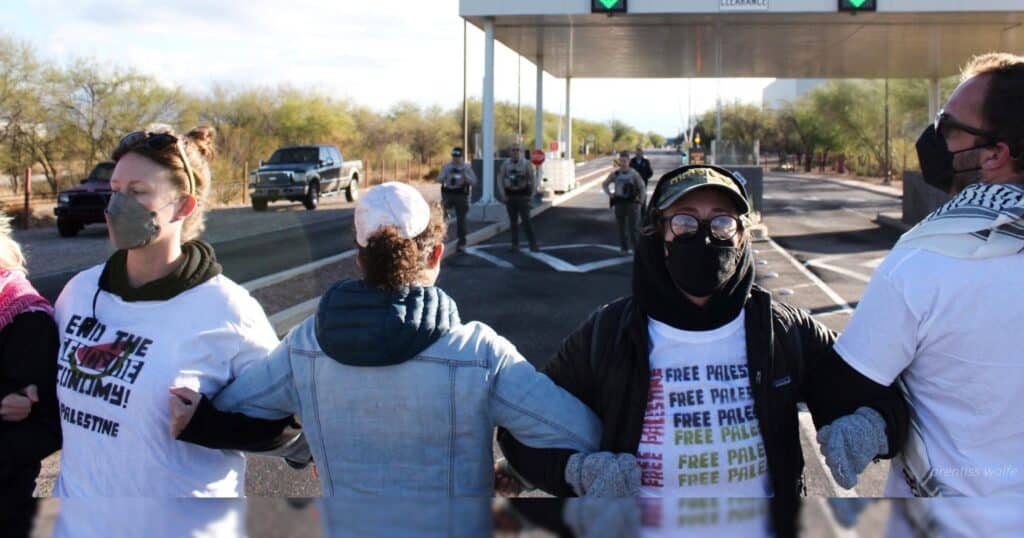Commentary: The True Cost of Drone Warfare
 The first Interfaith Conference on Drone Warfare will be held January 23-25 at Princeton Theological Seminary. There is growing concern among people of faith about the secretive way drones are being used by the CIA to execute suspected terrorists, often against the wishes of sovereign nations, and at significant cost to civilian lives. This gathering will be an opportunity for theologians, religious leaders, and legal experts to address the use of weaponized drones in combat along U.S. borders and in counter-terror activities, including targeted assassinations.
The first Interfaith Conference on Drone Warfare will be held January 23-25 at Princeton Theological Seminary. There is growing concern among people of faith about the secretive way drones are being used by the CIA to execute suspected terrorists, often against the wishes of sovereign nations, and at significant cost to civilian lives. This gathering will be an opportunity for theologians, religious leaders, and legal experts to address the use of weaponized drones in combat along U.S. borders and in counter-terror activities, including targeted assassinations.
Since 2004, more than 400 drone strikes have taken place in Pakistan and elsewhere as part of the CIA’s lethal drone program. As a result of these strikes, more than 2,500 people have been killed — including more than 150 children. A separate report suggests the percentage of high-value targets killed by such drone strikes, relative to civilian deaths, is a meager 2 percent. The Office of the Inspector General for Homeland Security released a report last week titled “CBP Drones are Dubious Achievers” and suggested that after eight years and millions of dollars spent, the U.S. Customs and Border Protection drone program remains a failure. “Notwithstanding the significant investment, we see no evidence that the drones contribute to a more secure border, and there is no reason to invest additional taxpayer funds at this time.”
Although the legal justification has remained the 2001 Authorization for the Use of Military Force, the real justification to the American people has always been one of cost and convenience. The program would save lives (American), cost less (than ground troops), and be more precise. The reality, however, has been quite the opposite. The human and financial cost outlined above is compounded by stories of communities in Pakistan that regularly fear and are terrorized by U.S. drones. Further, American drone operators, often working far away from direct combat, exhibit similar levels of PTSD and moral injury compared with ground troops.
The United Church of Christ has spoken prophetically in the past on weapon systems and tactics such as nuclear weapons and land mines, gun control, and ending extrajudicial killings in other countries. Given the way lethal drones have become a centerpiece of counter-terrorism and foreign policy, it is time for the UCC and all faith traditions to think critically about their use and speak out from our values. This is precisely what the Interfaith Conference on Drone Warfare hopes to accomplish.
As a Just Peace Church, the United Church of Christ stands not as a Pacifist or Just War tradition, but one that commits itself to working for systemic justice, deepening friendships and covenants with all God’s children, claiming God’s Shalom for all, and holding to the prophetic promise that “peace is possible” (GS 15: Pronouncement on Affirming the United Church of Christ as a Just Peace Church). Drone warfare, I believe, contradicts these values as it dims our hope and imagination for peace, blurs lines between civilian and combatant, distorts covenants between nations and peoples, and pushes our nation toward a constant state of war. It is time for all religious traditions to consider more fully the moral implications of drone warfare. It is time for the United Church of Christ to join this effort and speak and act prophetically given our unique witness as a Just Peace Church.
Michael Neuroth is the UCC’s Policy Advocate for International Issues.
View this and other columns on the UCC’s Witness for Justice page.
Donate to support Justice and Witness Ministries.
Click here to download the bulletin insert.
Related News
UCC economic justice minister among those arrested at Arizona protest to ‘end the genocide economy’
Over 100 protesters gathered outside of the University of Arizona Tech Park in Tucson,...
Read More‘The consistent theme is love’: In new year, UCC National Setting builds on ‘one-staff model’
As the calendar turned to 2024, the United Church of Christ national ministry teams began...
Read MoreJoin February webinar series for discussion of thriving churches in rural and small towns
A recent United Church of Christ survey found that over 60% of UCC congregations have small...
Read More


